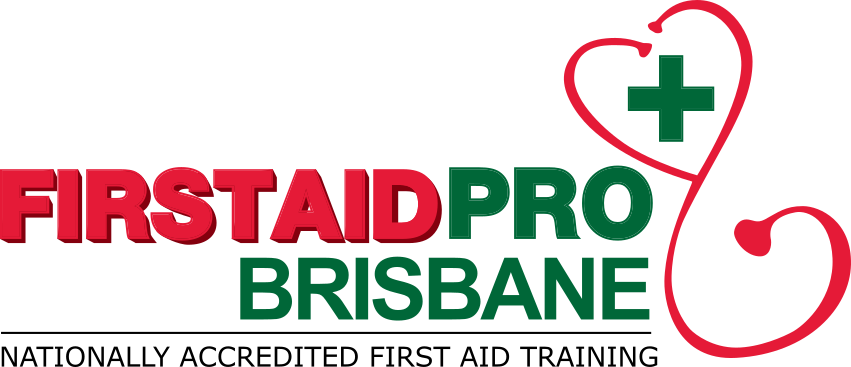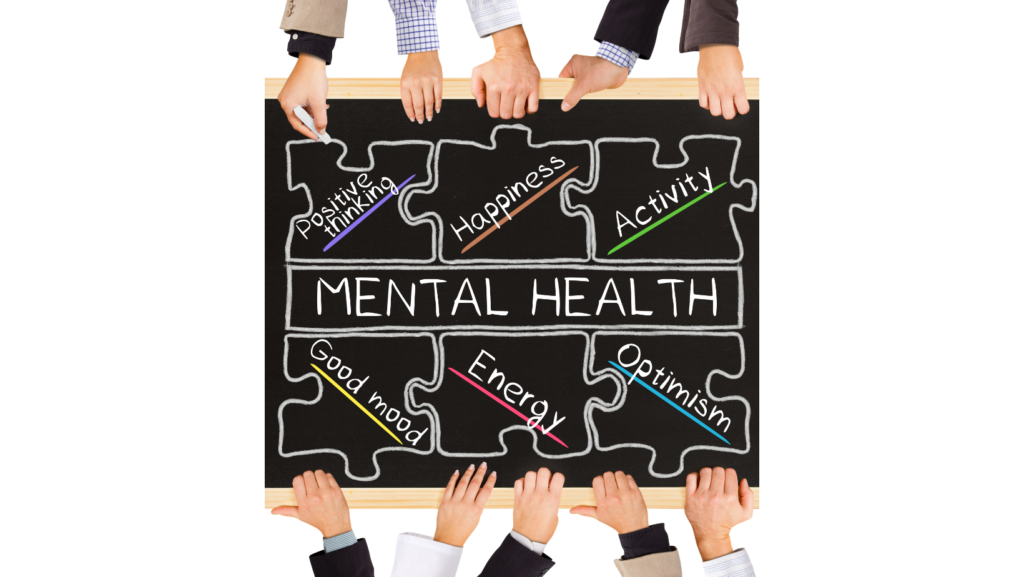Mental Health disorders are among the more challenging health issues in Australia today. They can negatively affect performance at work and impair daily functioning.
Poor mental health at work also results in less productivity, poorer engagement, miscommunication with co-workers, and can even affect a workers’ physical capabilities.
Mental Health In The Workplace
Mental illness is a global epidemic today, with many contributing mental health conditions. According to the National Health Survey published by the Australian Institute of Health and Welfare (AIHW), 1 in every five people in Australia has some form of mental or behavioural condition. That is equivalent to 20% of the population or 4.8 million Australians. The numbers representing the rates globally are naturally higher.
The number above represents mental illness across all ages, genders, education attainments, and other indicators.
Given those figures, it’s no surprise that many workplaces have mental health issues among their workforce. Many workers are battling mental illness from work stress, hectic schedules, poor communication and management, unclear tasks, and inadequate health and safety practices.
This article aims to discuss mental health issues in the workplace and how “stressors” further worsen the problem. If left without treatment, these stressors can result in high absenteeism, miscommunication, low productivity and morale, and high staff turnover.
4 Common Mental Illness In The Workplace
The stress and uncertainty of the job can lead to poor mental conditions.
Here are the most common mental illness in the workplace.
Depression
Depression is among the biggest health-related problems in the Australian Workplace. It is currently the leading cause of non-fatal disability, resulting in the loss of working hours. Left unaddressed, it can be as costly as heart disease, cardiac arrest, and other major health emergencies.
Depression can adversely affect multiple areas of a worker’s performance. These include focus and critical thinking, time management, social interaction, and communication.
Anxiety
Anxiety symptoms and treatment tend to overlap. Low morale, sudden mood changes, lack of concentration and many more symptoms are prevalent in depressive and anxiety patients.
Workplace anxiety disorders are a growing problem for businesses across different sectors. Employers need to support those experiencing anxiety symptoms to create a happier, more productive workforce.
Panic Disorder
Panic disorder in the Workplace can be challenging as it requires a different approach from that of other illnesses. Many workers who have this condition tend to keep it a secret from others, especially their co-workers, clients, and supervisor.
Excessive worrying, phobia triggers, and work stress can lead to panic attacks. Prevention and treatment are the best way to limit such episodes. It also helps to have a support network to relieve the mental pressure.
OCD
Obsessive-compulsive disorder (OCD) at work may include repetitive actions such as counting objects, checking things, and washing hands. This can be made worse by the belief that such unwanted obsessions will eventually go away by doing such playing them out.
OCD symptoms can create misunderstandings in the workplace between employees and supervisors. It can also slow down the progress of tasks, giving the impression of tardiness or unmotivated.
Mental Health First Aid
Each mental illness has its different symptoms, and no two situations are the same.
Some people may hide their symptoms, and may appear to be completely fine despite subtle ongoing signs. It is best to express concern or assumption upon observing a co-worker’s sudden mood and behavioural changes. Offer support but do not force anyone to tell of their struggles – let them decide when to share what they are going through.
Here are mental health first aid tips when supporting a co-worker
- Ask how you can help while at the same time respecting their privacy and decision.
- Do not exclude them. Continue doing usual everyday activities with them.
- Depending on the level of the relationship, keep in touch if ever they decide to take time off from work.
- Upon returning, be welcoming and make sure to show them appreciation. Avoid adding unnecessary remarks as these can make them feel worse.
- Be an advocate for a healthy workplace. Suggest low-cost or no-cost wellness strategies to improve everyone’s mental well-being.
Take extra measures to ensure employees feel the care and support by offering the necessary support. Implementing mental health first aid training may be an excellent step to take.








